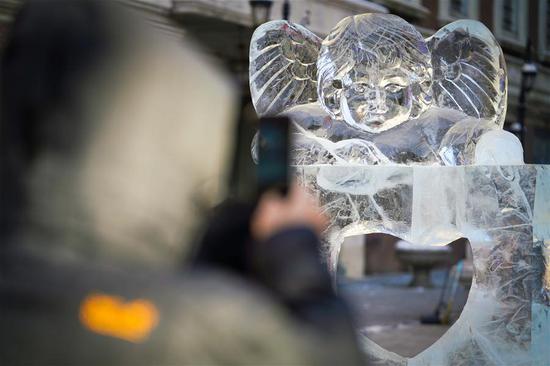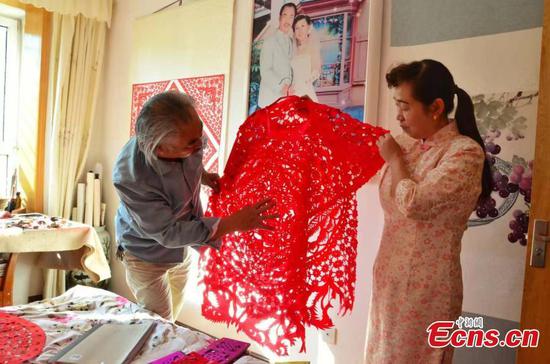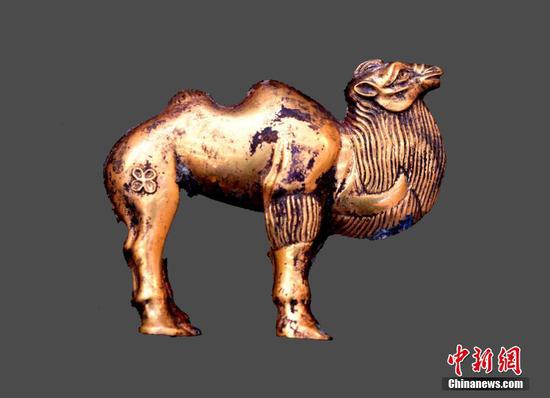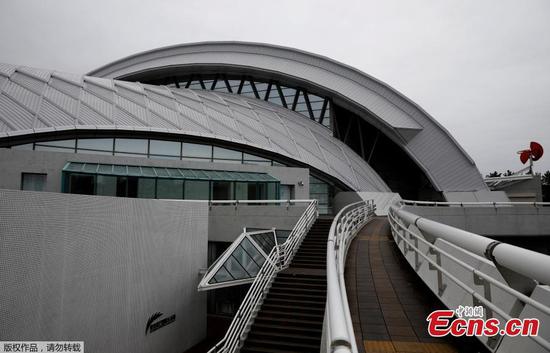Online lending platforms in campuses led some indebted to crimes, suicide
College students who fall into debt as a result of using peer-to-peer lending platforms cannot be included in a list of dishonest debtors, China's top court said on Thursday.
The requirement was written into a guideline issued by the Supreme People's Court with the aim of guiding judges dealing with cases of noncompliance with court rulings and ensuring disputes are resolved more humanely, Meng Xiang, the head of the top court's enforcement bureau, said.
The top court established an online blacklist in 2013 to publish personal details, including names and identity card numbers, of individuals and legal representatives of companies who refused to comply with court orders to shame them into compliance.
A year later, it worked with other authorities, including banks and the Ministry of Transport, to compel defaulters to comply with verdicts by placing restrictions on their daily lives, including barring them from buying tickets for flights or high-speed trains and purchasing houses.
"The blacklist and restrictions have played a bigger role in urging defaulters to comply with verdicts, but the legitimate rights of these people should also be guaranteed," Meng said, adding the guideline, effective since Thursday, will also prevent courts from misusing or abusing the measures.
Xu Hao, a lawyer from Beijing Jingsh Law Firm, welcomed the removal of college students from the blacklist.
"Some students are still shouldering an economic and credit burden in debt disputes, even though our country prohibited online platforms from lending money to students three years ago," he said.
While lending by internet platforms was banned, "students, as the debtors, still need to repay the debts in line with court rulings and valid contracts," he explained.
"But given that many students have little savings and the debtor records will influence their future, such as in employment, further studies, or bank loans, the top court's decision on removing them from the dishonest list, I think, is timely, humane and necessary," he said.
China banned online lending platforms from campuses in 2017 after the lives of some young people were damaged, with some pushed to commit crimes, as they sought to repay their debts. A few even killed themselves because they were unable to pay off their debts.
Xu said the ban had helped clear up unauthorized or unregulated online lending platforms, adding that students could still seek loans from State-owned banks or apply for subsidies from schools.
Ruan Chuansheng, a law professor at Shanghai Administration Institute, said not blacklisting college students would alleviate the burden on young debtors.
The guideline also clarified a controversial rule that said defaulters' children were not allowed to be educated at expensive private schools, saying courts should not ban such education if they found the expenses, such as tuition fees, were reasonable. However, it did not specify what a reasonable amount was.
Ruan said whether tuition fees were regarded as expensive could vary in different regions according to their economic development, "and I'm glad to see the top court highlight educational protection, which is essential".
The guideline also permits courts to temporarily lift travel restrictions when defaulters have to take a train or fly home for medical treatment or when family members fall ill or die.


















































